The modern inferno: An interview with Craft Theatre director Rocky Rodriguez Jr

Craft Theatre’s Dante’s Inferno: A Modern Telling kicks off at The Rag Factory in east London in January. The Upcoming caught up with artistic director Rocky Rodriguez Jr to talk hell, comedy and what to expect next.
You’re carrying on a 700-year-old artistic tradition in portraying Dante’s work. In what ways does your Modern Telling bring the story up to date?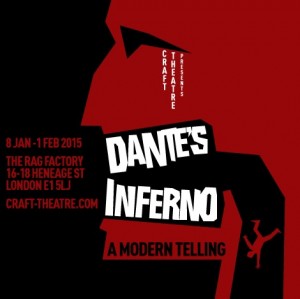
Our Inferno focuses on the sins of a person in modern western culture: self-idolatry, material obsession, and conscious ignorance, for instance. We also take a look at “states of mind” (stresses, insecurities, fearful thoughts); we believe to be common among people, these types of thought processes seem to trap the individual in a state of hell, thereby making them miss their lives. “You do not have to believe in God to be in Hell, Dante” (from Dante’s Inferno: A Modern Telling).
When did you first encounter The Divine Comedy, and what in particular attracted you to it from a theatrical perspective?
I think I read Inferno when I was 16. Recently, I was going through old texts looking for a good piece for Craft. I saw potential in Dante as a structure for a devised piece. I spoke about it with the ensemble, and we agreed. The practises we use in the space command a certain abrupt reflection on the self for everyone. We were focusing on “illusions” we have in our perceptions and were discovering some really interesting things. Inferno provides an appropriate framework to share our practice.
Being led through the circles of hell sounds like quite potentially gruelling challenge; what advice can you provide to help prepare your audience for what lies in store?
I would say just come and let your imagination run with it, don’t sit and try to analyse or figure things out. Just enjoy it like you would a movie. You’re going to see good acting, fun movement, and witness a gripping tale. I promise we won’t let you leave on a low. It’s an exciting piece.
Does the new production share common themes with your previous show A Question of Consent, or is it a total departure?
Same/evolved techniques were involved during the process of creation just with a different creative seed. I have been sculpting our practice, letting it develop. Consent was also a representation of a true story, which has certain “space” limitations. Not to mention, I didn’t put enough emphasis on our movement in Consent. Inferno represents what our craft really is, and how we do things.
You’ve been described as having hit upon a unique performance style. What sets your approach apart?
Tireless demand for deconstruction, development, and rigour. We are a true ensemble with an individual practice, you will never see another piece like it simply because of how we make it, and how we train. It’s difficult to explain in brief. We attempt to harness “pure impulse in a moment” fearlessly, enhance our emotional reservoirs, and deconstruct our notions of identity/time/space/culture. We also work with exhaustion. As a director, I am interested in the manipulation of space but through engaging the spectator’s perception.
You’re a relatively new company. How did Craft come into being?
Originally I developed C.R.A.F.T to be more of practice based research lab and “actor as artist” training centre, it was going to be called Conservatoire of Research and Fundamental Theatre; it evolved to become a theatre company in 2011. Eventually I had a core team come together and we developed Consent. Now we’ve grown in numbers and spent some time training.
What are the particular challenges facing a theatre company starting out in today’s climate?
Money and delusions of grandeur. To get anything or anywhere or anything done you have to take punches and work through adversity. A lot of young creators are convinced they are the next Tony Stark; they treat things as a means to an end, without justification they have balloons of egos. It takes time to find the right core team of dedicated artists. Then it all comes down to money. Countless pieces of theatre and companies never find their legs because they let money obstruct their goals. I on the other hand am “all in” as it were; I sacrifice for Craft, I live in a precarious position and don’t have a pot to piss in. Theatre was never about money but essence. I chose the ephemeral over the material in regards to desire, so that helps. What I’m saying is, expect brick wall after brick wall after brick wall, and keep going because you must.
Are there any other companies that you find particularly inspiring?
Brook, and Lapage have given me the best company work I’ve seen, I admire the rigour of the artists led by Thomas Richards at the Grotowski Workcenter. I don’t really follow companies, I look for moments of truth, cutting authenticity, pure practice, simple storytelling. I like things that could be considered stupid, I like things that could be considered pretentious.
You’re returning to The Rag Factory with the new production. What appeals about the space there?
The Rag Factory gave us loads of support early on, and took a risk on us. We like the idea of paying back the favour I suppose. Saying that, Dante’s Inferno: A Modern Telling suits the charm of The Rag Factory aesthetic really well.
What can we expect to see next from Craft next?
The last two pieces we’ve made have been made through a devised platform. There are a handful of texts I’d like to play with, and we’ve got a strong, not to mention fully trained, ensemble ready to rock and roll. I’d like to do a few plays in quick succession, in a rep fashion. We’ll see, things change.
Stuart Boyland
Dante’s Inferno: A Modern Retelling is on at The Rag Factory from 8th January until 1st February 2015, for further information or book visit here.

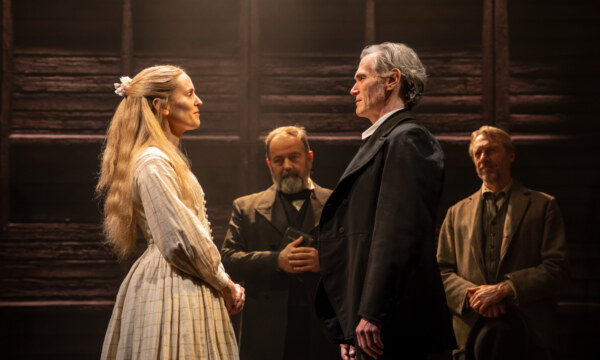

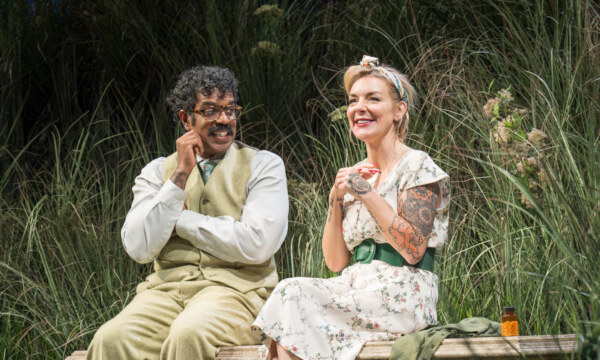
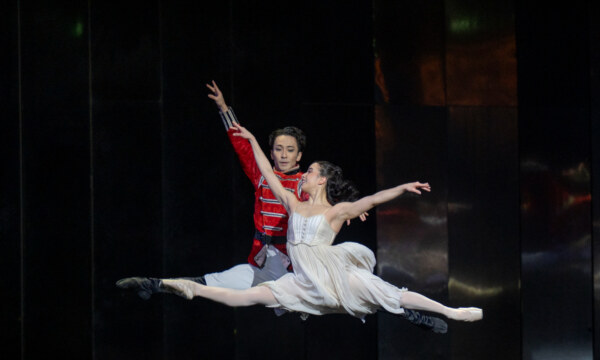

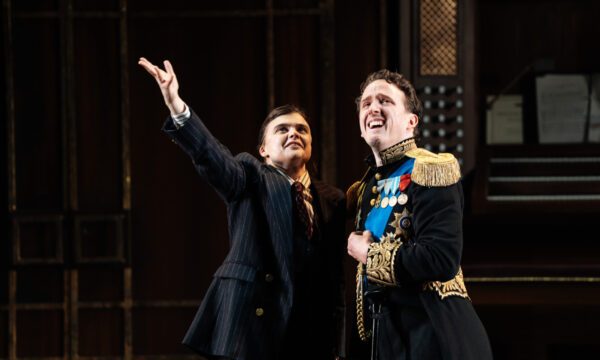






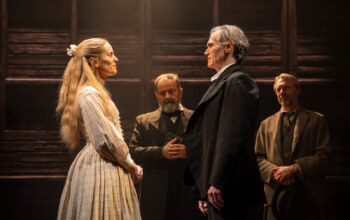
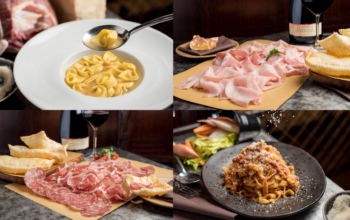

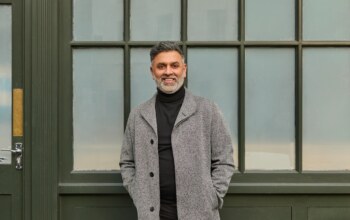



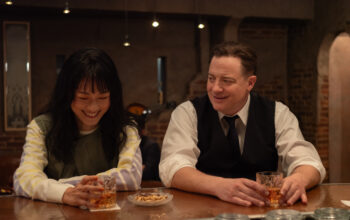
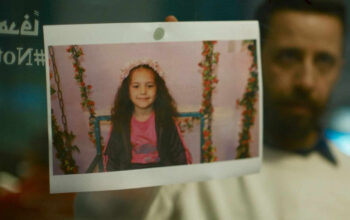
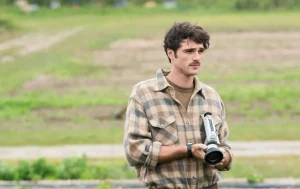
Facebook
Twitter
Instagram
YouTube
RSS